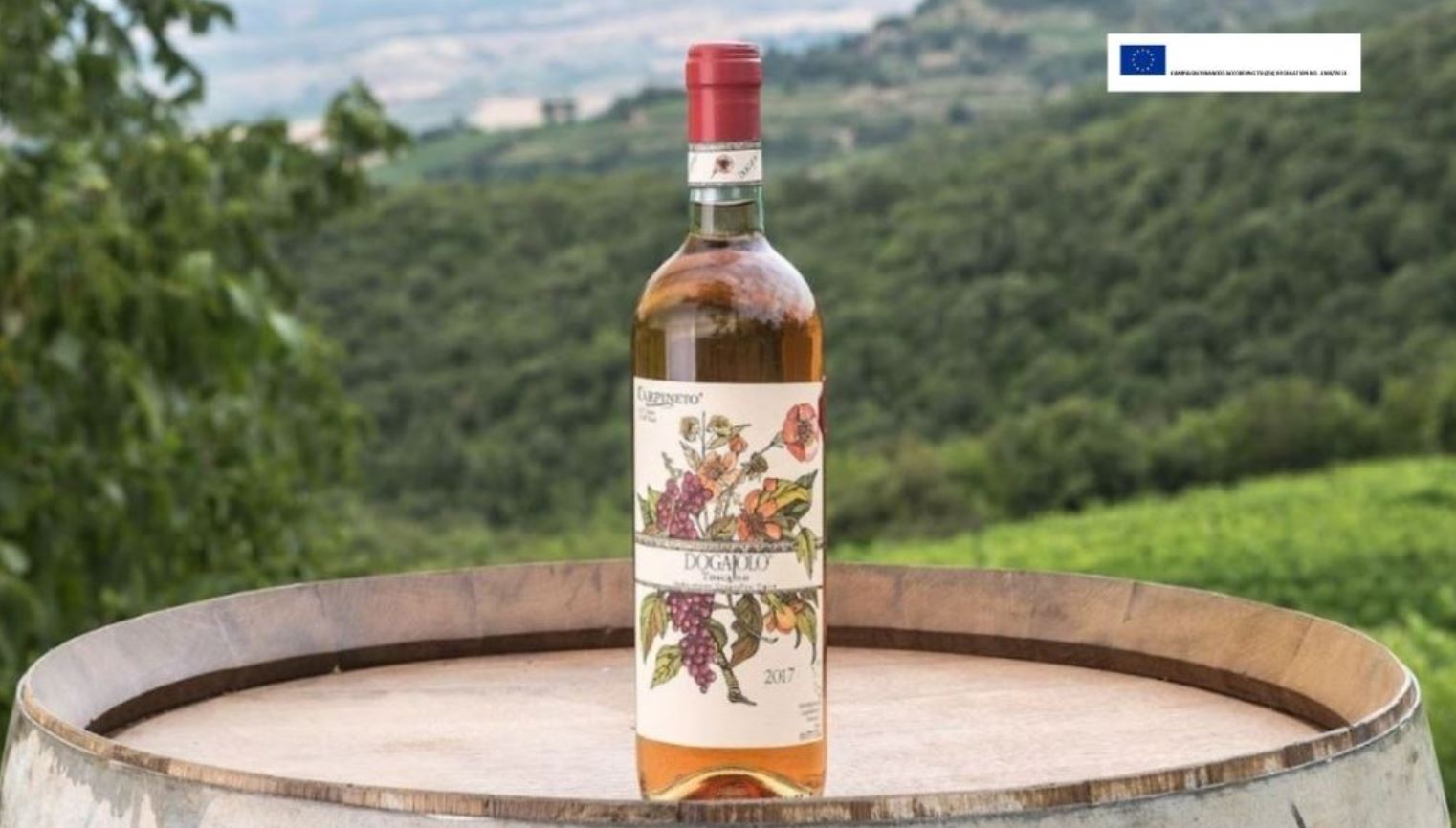Achieving the lofty rank of Master Sommelier is akin to achieving an oenological PhD. It's one of the highest credentials available in the wine world but shouldn't be confused with the title Master of Wine. Usually, a Master Wine Sommelier can be found at any upscale hotel or restaurant throughout the world and those who attain this elevated status have, on average, invested a minimum of 10,000 hours of study and experience in the tasting, theory, and service of wine and other spirits.
What Does It Take to Become A Master Wine Sommelier?
Four increasingly difficult steps are prerequisite to achieving the rank of Master Wine Sommelier. Each involves rigorous study and examination and culminate in achieving the coveted title of Master Wine Sommelier. Courses and examinations are held throughout the United States by the Court of Master Sommeliers, among others. The Epicurean Institute in Umbria, Italy offers all four levels of training and attracts clients from around the globe. Completing all levels of training and passing the extremely difficult exam can take up to ten years and fewer than 300 people have achieved it since its inception. A Master Wine Sommelier must have intimate knowledge of grape regions, varieties, production, and laws regarding wine as well as beer, hard liquor, and cigars. A Master Sommelier can identify the vintage, variety, and appellation of wine even when blindfolded.
What's the Difference Between A Sommelier and A Master Wine Sommelier?
A sommelier is similar to a chef de cuisine and is responsible for ordering, maintaining, and pairing the wines and food in a restaurant or hotel. Sommelier training can be completed by a combination of on the job training, self-education, and obtaining certification. A sommelier is knowledgeable about wine varieties, growing areas and their characteristics, and the hospitality industry overall, including its professional standards and the world of spirits.
Oenology, Or the Study of Wine
Wine has long been important for its medicinal benefits, it's used to celebrate momentous occasions, its used when relaxing, and for just plain enjoyment. Although wine is appreciated throughout the world, the study of wine is very complex and is constantly changing. So many variables can affect the outcome of a particular vintage that the wine becomes a living, breathing entity that will never be exactly duplicated. For those who love wine, the study of it can become a lifelong passion that's always exciting and new.
Now it's time for your homework!
What Does It Take to Become A Master Wine Sommelier?
Four increasingly difficult steps are prerequisite to achieving the rank of Master Wine Sommelier. Each involves rigorous study and examination and culminate in achieving the coveted title of Master Wine Sommelier. Courses and examinations are held throughout the United States by the Court of Master Sommeliers, among others. The Epicurean Institute in Umbria, Italy offers all four levels of training and attracts clients from around the globe. Completing all levels of training and passing the extremely difficult exam can take up to ten years and fewer than 300 people have achieved it since its inception. A Master Wine Sommelier must have intimate knowledge of grape regions, varieties, production, and laws regarding wine as well as beer, hard liquor, and cigars. A Master Sommelier can identify the vintage, variety, and appellation of wine even when blindfolded.
What's the Difference Between A Sommelier and A Master Wine Sommelier?
A sommelier is similar to a chef de cuisine and is responsible for ordering, maintaining, and pairing the wines and food in a restaurant or hotel. Sommelier training can be completed by a combination of on the job training, self-education, and obtaining certification. A sommelier is knowledgeable about wine varieties, growing areas and their characteristics, and the hospitality industry overall, including its professional standards and the world of spirits.
Oenology, Or the Study of Wine
Wine has long been important for its medicinal benefits, it's used to celebrate momentous occasions, its used when relaxing, and for just plain enjoyment. Although wine is appreciated throughout the world, the study of wine is very complex and is constantly changing. So many variables can affect the outcome of a particular vintage that the wine becomes a living, breathing entity that will never be exactly duplicated. For those who love wine, the study of it can become a lifelong passion that's always exciting and new.
Now it's time for your homework!





